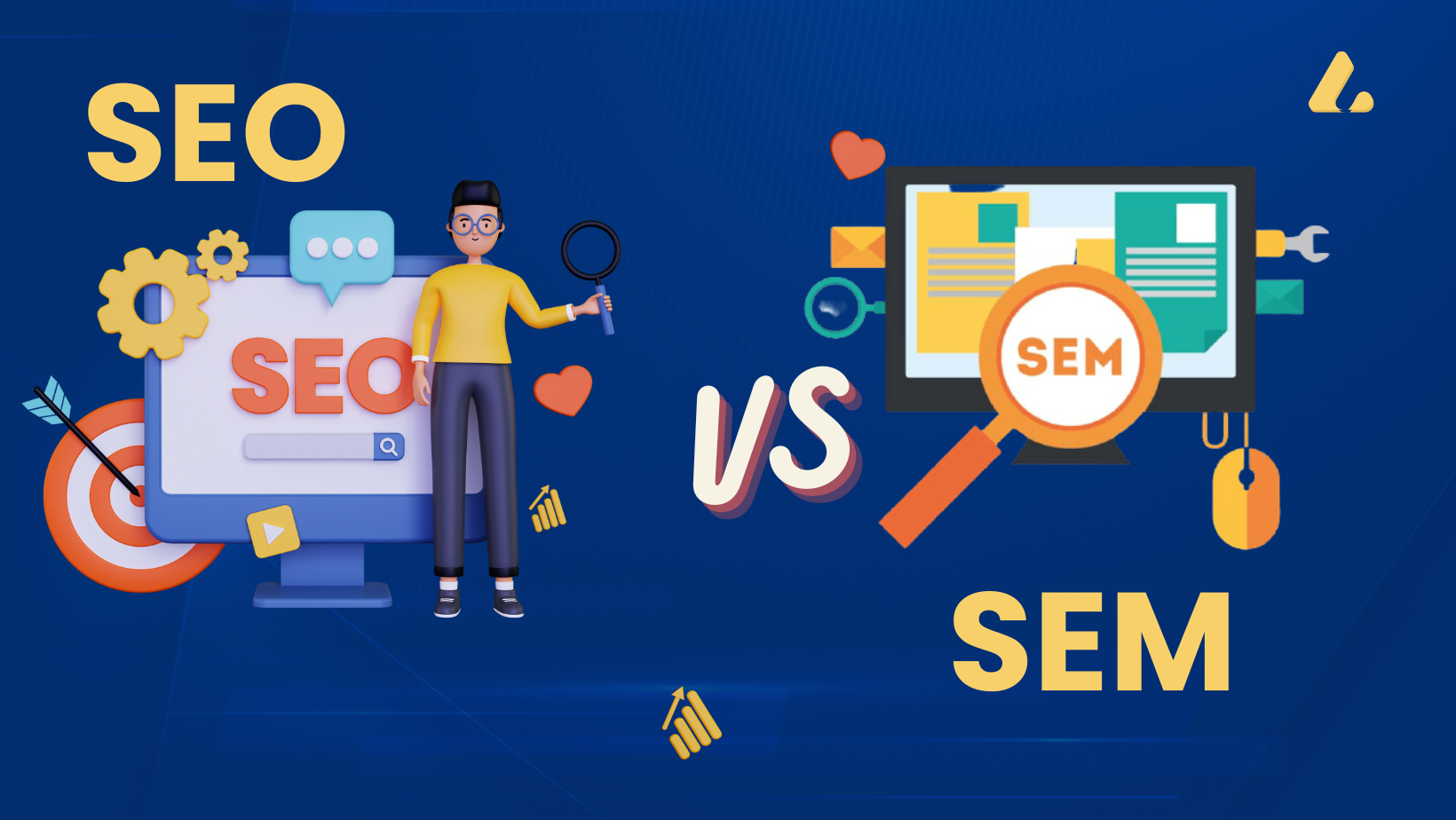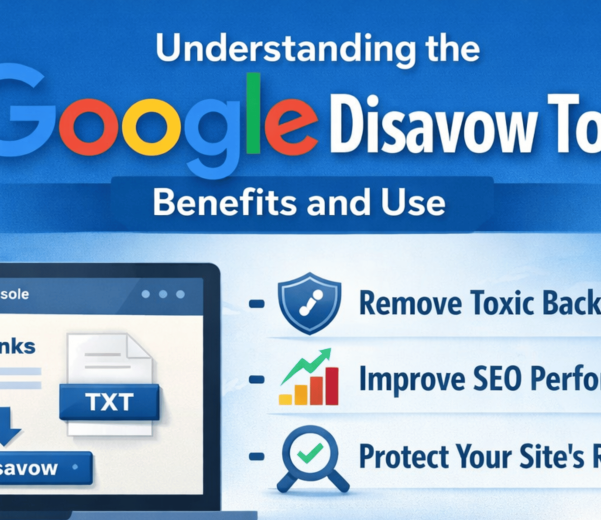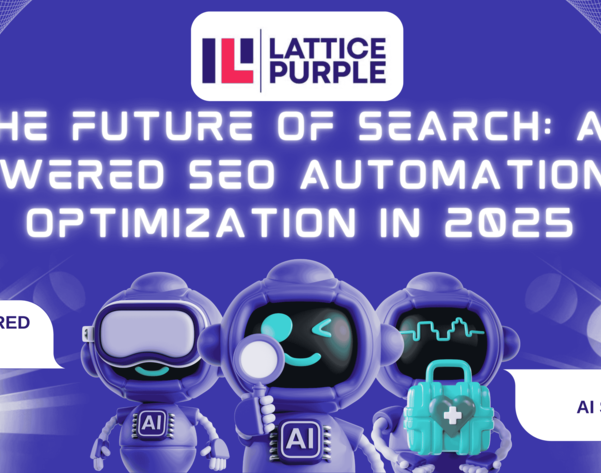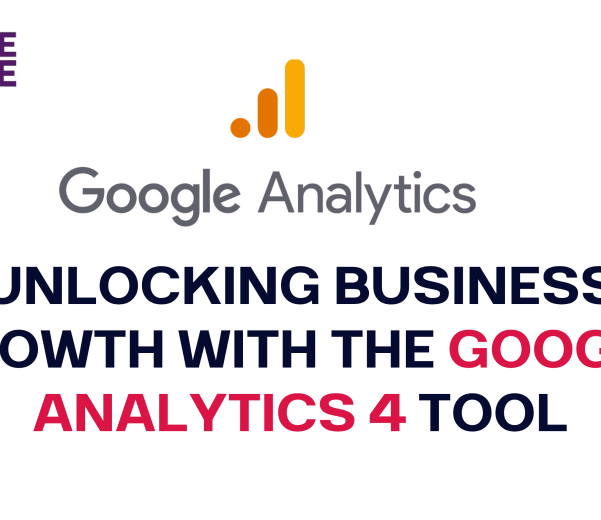Furthermore, leveraging analytics is outstanding to refining & optimizing marketing strategies. By scrutinizing key performance indicators (KPIs) & user behavior, marketers can iteratively refine their approaches, ensuring maximum ROI and uninterrupted growth.

Post: SEO vs. SEM Decoding the Differences
In the vast field of digital marketing, two terms reign supreme: SEO and SEM. These acronyms, often used interchangeably, harbor distinct meanings & methodologies. We illuminate the disparities between them, providing a lucid roadmap for navigating the digital landscape.
Understanding SEO
Search Engine Optimization (SEO) stand for a multifaceted approach to enhance a website’s visibility on search engine results pages (SERPs). At its core, SEO endeavors to augment organic traffic by optimizing various facets of a website, including content, meta tags, and backlinks.
On-Page Optimization
Central to SEO is on-page optimization, a meticulous process aimed at refining individual web pages to rank higher and earn more relevant traffic in search engines. This involves meticulous keyword research, strategic placement of keywords within content, and crafting compelling meta tag descriptions.
Off-Page Optimization
Equally pivotal is off-page optimization which revolves around maintaining a website’s authority and credibility through external factors such as backlinks. Quality backlinks from reputable sources serve as a vote of confidence in the eyes of search engines, augmenting a site’s perceived value and authority.
Demystifying SEM
In stark contrast, Search Engine Marketing (SEM) encompasses a broader scope, encompassing paid advertising efforts to garner visibility onsearch engine result pages. Unlike SEO, which primarily focuses on organic strategies, SEM leverages paid method such as PPC advertising to secure prominent ad placements.
PPC Advertising
PPC advertising, a cornerstone of SEM, empowers businesses to bid for ad placement in search engine results. Advertisers only incur costs when users click on their ads, making PPC an exceptionally cost-effective means of driving targeted traffic to a website.
Display Advertising
Moreover, SEM encompasses display advertising, which entails the placement of banner ads on third-party websites. These visually compelling ads captivate audiences across the digital landscape, fostering brand awareness and driving traffic to the advertiser’s website.
Deciphering the Differences
While SEO and SEM share the common objective of helping online visibility, they diverge in their methodologies and outcomes. SEO prioritizes long-term, sustainable growth through organic strategies, whereas SEM yields immediate results through paid advertising campaigns.
Longevity vs. Immediacy
SEO is synonymous with longevity, as the effects of organic optimization efforts endure over time, steadily accruing momentum & delivering sustainable traffic. Conversely, SEM offers immediacy, enabling businesses to rapidly magnify their online presence as well as drive targeted traffic to their website.
Cost Considerations
Cost considerations also distinguish SEO from SEM. While SEO constrain upfront investments in time & resources, the long term dividends it yields outweigh the initial expenditure. On the other hand, SEM bring about immediate costs associated with advertising campaigns, making it a viable option for businesses seeking rapid results.
Integrating SEO and SEM
In an increasingly competitive digital scenery, experienced marketers recognize the interdependent potential of integrating SEO & SEM strategies. By leveraging the strengths of both methods, businesses can manage a booming online presence that transform conventional boundaries.
Harmonizing Organic and Paid Efforts
Harmonizing organic and paid efforts enables businesses to maximize their online visibility while optimizing cost-effectiveness. Strategic keyword targeting, coupled with data-driven insights, empowers marketers to set up cohesive campaigns that resonate with target audiences.



